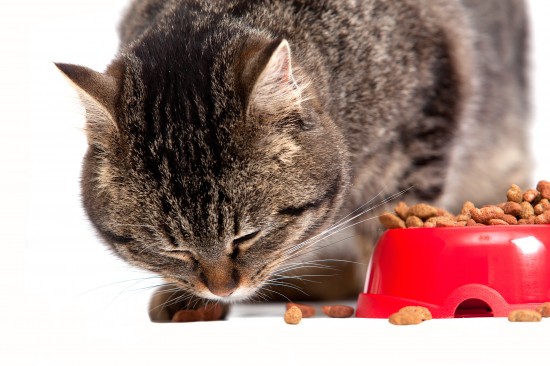
Ducks make good pets as well as meat sources. So, if you are going to breed ducks, you have to feed them well. Feeding ducks and ducklings is especially crucial because they are very delicate and sensitive. When the ducklings are born, you should feed them the next day until the eight week with mashed hardboiled eggs. You do not have to start feeding ducklings immediately after they were born. This is because they still have their food reserve which is the yolk sac. Actually, this food reserve is good for around forty-eight hours. However, if you do not feed them after twenty-four hours, they might get bored and peck each other's eyes. You can also give them crumbs to keep them busy.
Nonetheless, you can also start raising ducklings with mash feed. This feed includes corn, fish meal, rice bran, dried whey, bone meal, and soybean meal. One-day olds to six-week olds can be fed with starter mash containing at least ten percent crude protein. Six-week olds to four-month olds can be given grower mash containing sixteen percent crude protein; and four-month olds can be given layer mash with sixteen percent crude protein. If you are keeping native ducklings, though, you should feed them four to five times with moistened rice for the first thirty-three weeks. After a month, you can start feeding ducklings with water snails. Wild ducklings also enjoy worms, as well as dandelions and grass.
In addition, you must keep in mind that three-week old ducklings must be fed four to five times per day. You must also provide lots of clean water because ducklings drink very frequently. If you are going to feed your ducklings with store-bought crumbs, you must choose the ones that are especially made for ducklings. Crumbs made for chickens contain coccidiostats which protect them from coccidia infections. While these substances have been tested with poultry, they have not been tested with ducks. Once you found the right crumbs, it is better if you will get the ones without additives such as amprolium and ethopabate. Grit or fine gravel must be given, as well. This will help ducklings grind their feed.
If you're raising ducks for profit, know that your ducks' overall health has a direct influence on the profitability of your business. This means that if you want to rake in the profits, you'll have to learn about feeding baby ducks properly. Ducks are wasteful and slovenly while feeding. Provide proper adequate feeding hoppers to prevent much waste of food.
Are you looking for tips on feeding ducks? If you think you still need guidance on where to start, consulting existing duck owners and farmers will certainly be a big help. If you would like to learn more about how to raise a duck correctly, please visit: www.howtoraiseducks.com
 Need for a well behaved dog
Need for a well behaved dog
They spend their l
Need for a well behaved dog
Need for a well behaved dog
They spend their l
 Cat Food - Feeding Wet Food Versus Dry Food
Cat Food - Feedin
Cat Food - Feeding Wet Food Versus Dry Food
Cat Food - Feedin
 Dogs Communication Via Scent Marking
Dogs Communicatio
Dogs Communication Via Scent Marking
Dogs Communicatio
 Kidney Disease In Cats
Kidney Disease In
Kidney Disease In Cats
Kidney Disease In
 How To Minimise The Chances Of Your Dog Developing Bloat
How To Minimise T
How To Minimise The Chances Of Your Dog Developing Bloat
How To Minimise T
Copyright © 2005-2016 Pet Information All Rights Reserved
Contact us: www162date@outlook.com